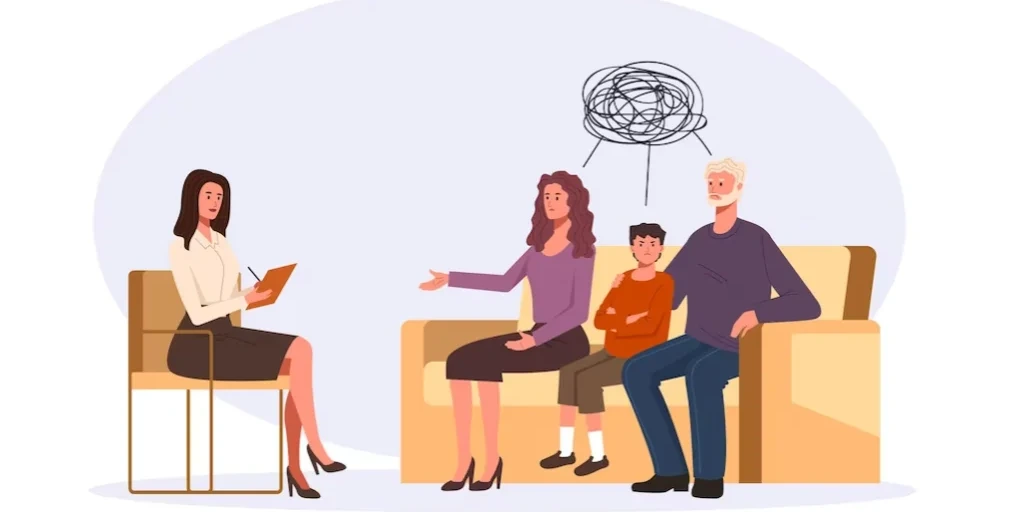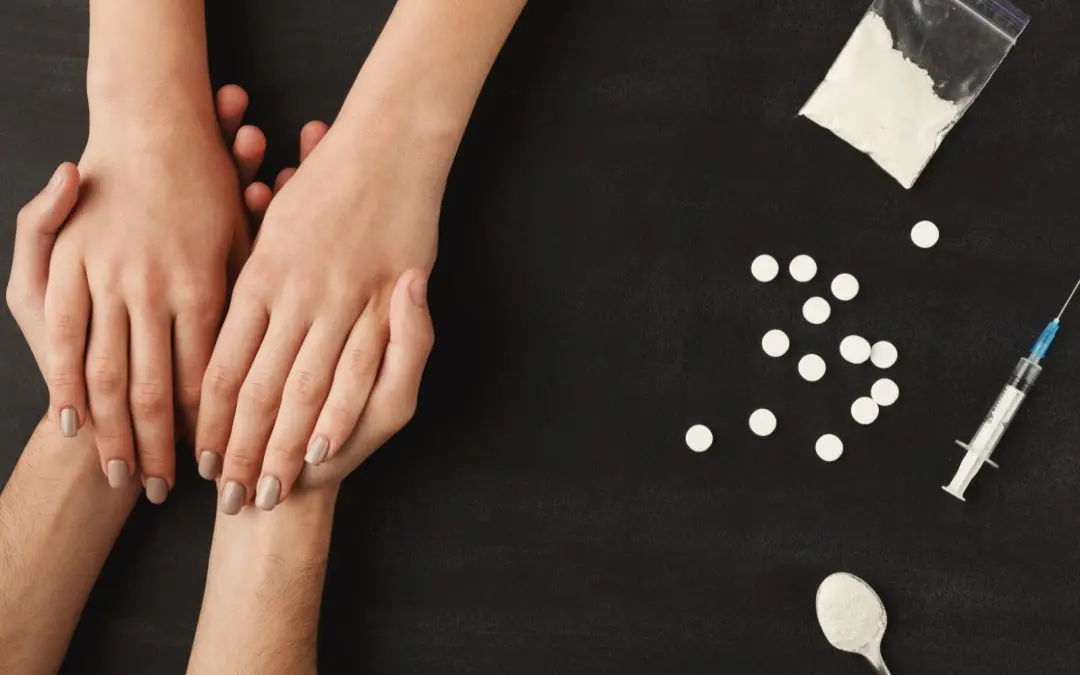24/7 Helpline:
(866) 899-221924/7 Helpline:
(866) 899-2219
Learn more about Dual Diagnosis Rehab centers in Union
Dual Diagnosis Rehab in Other Cities

Other Insurance Options

EmblemHealth
Beacon

BlueShield

Choice Care Network

Excellus

GEHA

CareFirst

Magellan

Amerigroup

Meritain

Ambetter

Optum

Holman Group

WellCare Health Plans

Group Health Incorporated

Health Choice

Cigna

Self-pay options

Horizon Healthcare Service

Carleon

Woodlands Behavioral Healthcare Network
Woodlands Behavioral Healthcare Network works with individuals, families, and the community to inspi...


























































































